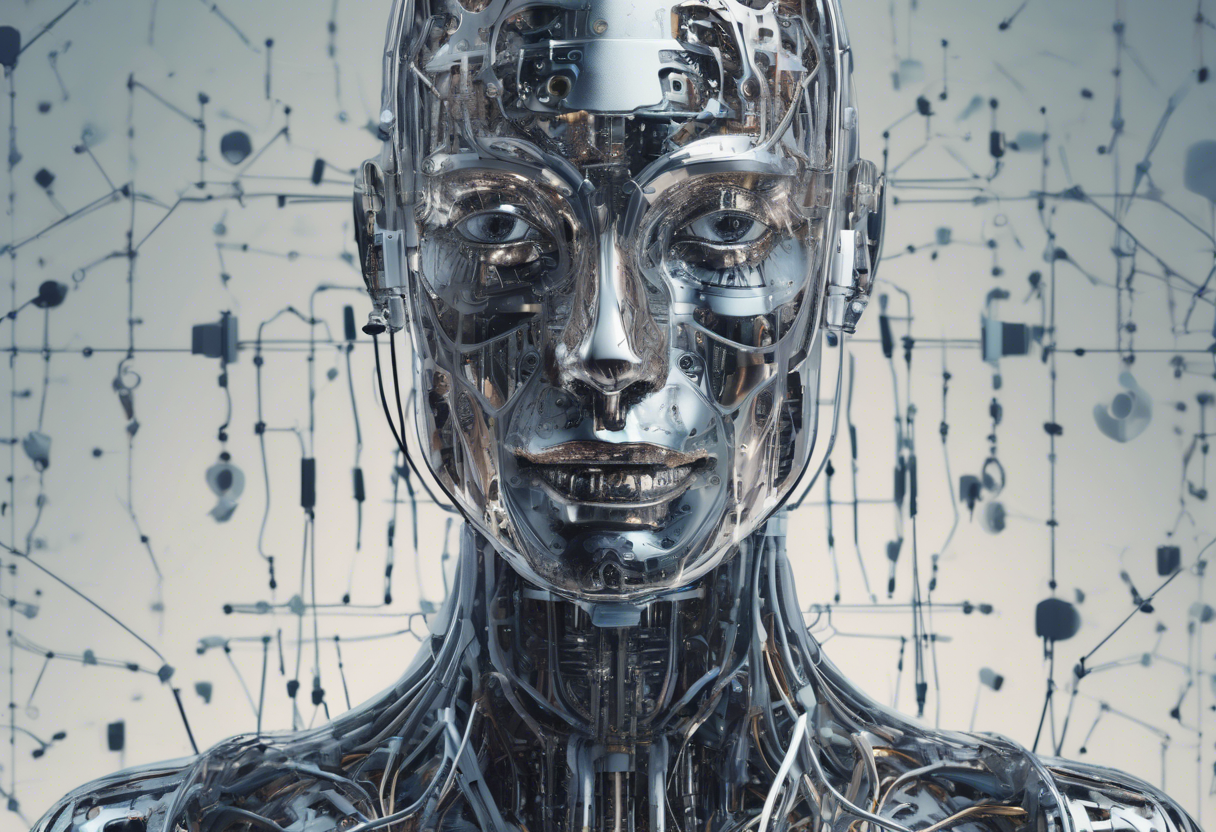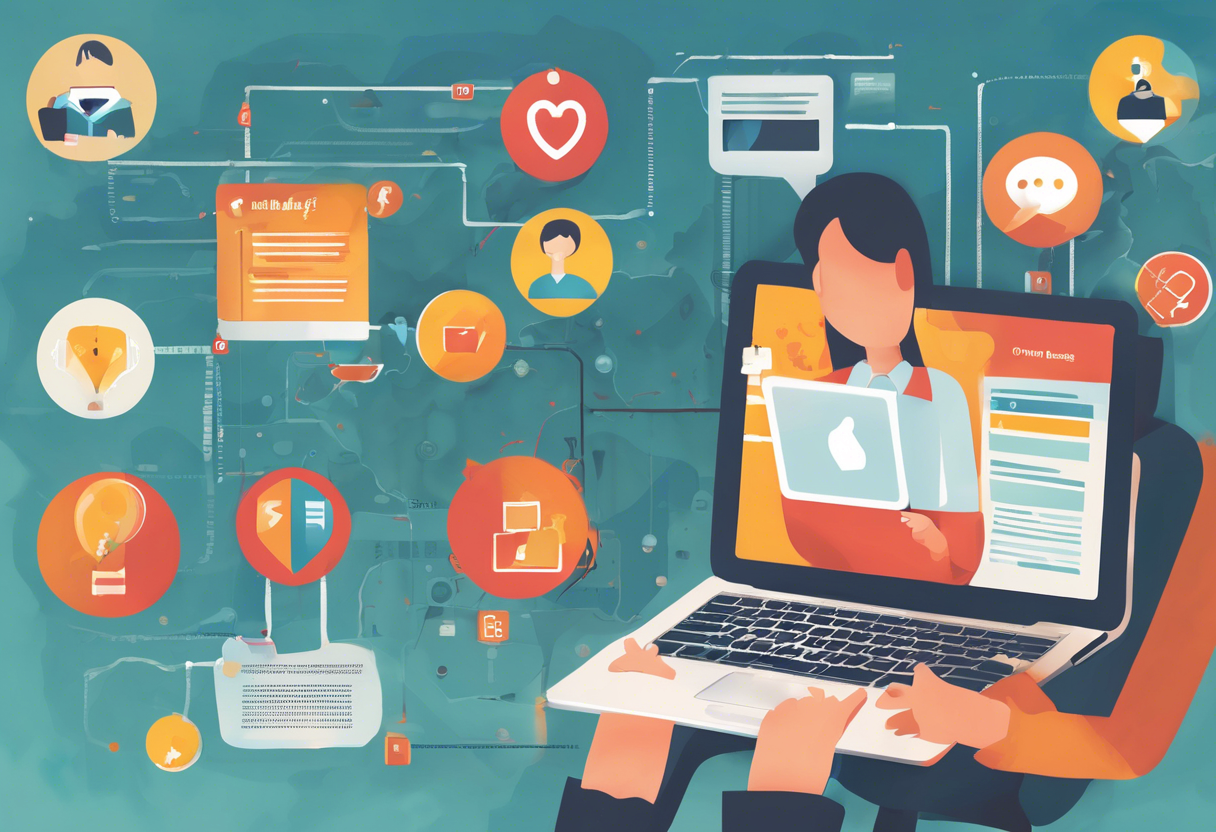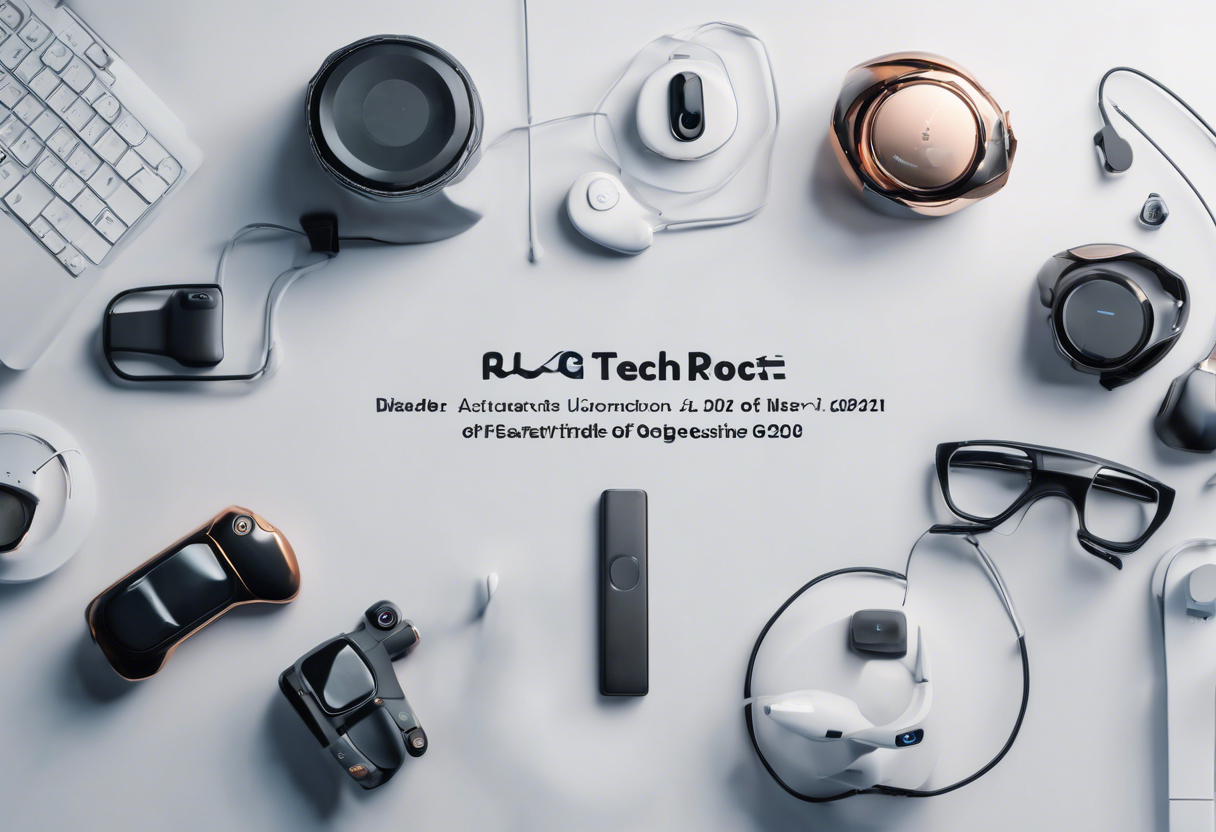In recent years, artificial intelligence (AI) has emerged as one of the most exciting and rapidly growing fields in technology. AI refers to the development of computer systems that can perform tasks and make decisions that typically require human intelligence. This technological advancement has revolutionized our world, from the way we communicate and work to the way we shop and travel. However, along with these advancements, there are also concerns about the impact of AI on society.
One of the key areas where AI is having a significant impact is the job market. As AI continues to advance, many fear that it will replace human workers and lead to job losses. This is a valid concern, as AI and automation have already replaced many jobs in the manufacturing and service industries. It is important for society to address this issue and find ways to retrain and reskill workers in order to remain competitive in the workforce. Additionally, there are concerns about the ethical implications of AI, as well as the potential for bias in algorithms and decision-making processes. While AI has the potential to greatly benefit society, it is crucial that we also consider its potential negative effects and work towards creating responsible and ethical AI systems.




